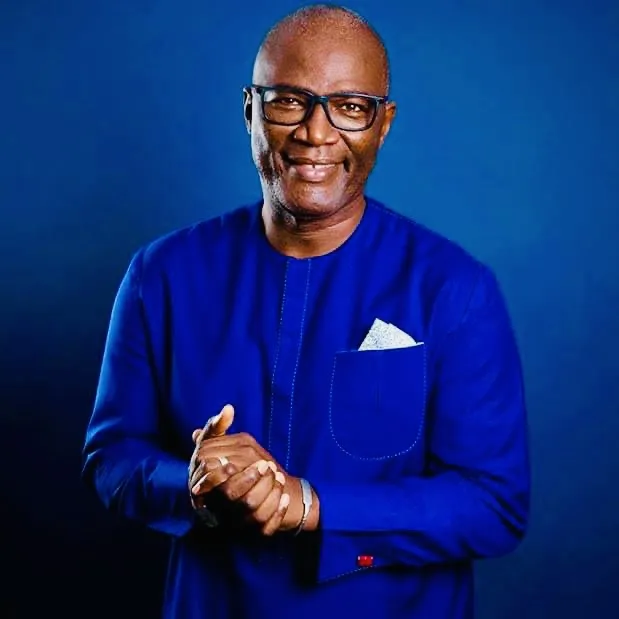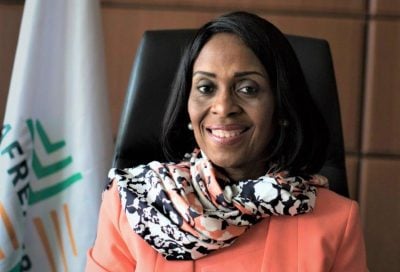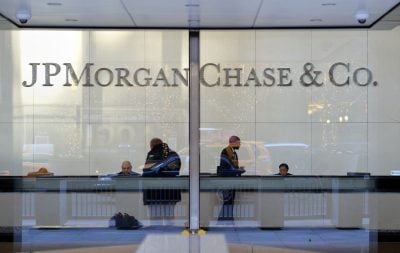Yet another extreme weather phenomenon, the recent tropical cyclone Freddy, has devastated Madagascar, Mozambique, Malawi, and Zimbabwe – all developing African nations that are already struggling to recover from previous climate-induced disasters. Tropical cyclone Freddy, which, according to the World Meteorological Organization, now holds the record as the longest-lasting cyclone with the highest accumulated cyclone energy ever recorded, has left a trail of death and destruction, and major economic and physical losses across the Southern African region, making another very strong case for the need for ‘Loss and Damages’ compensation to vulnerable developing nations.
After many years of debate and disagreement on the fairness of a ‘Loss and Damages Fund’ to compensate vulnerable developing countries, Africa, which is increasingly at the mercy of a range of climate-induced disasters, applauded the decision made at the last United Nations Climate Convention (COP 27) held in Sharm El Sheikh, Egypt in September, to finally grant this much-needed compensation. After over a decade of negotiations for this Fund, and many more years of intensifying climate stresses, the urgency to operationalise this fund cannot be understated.
According to the African Development Bank Group, Africa contributes barely 4.3% to greenhouse gas emissions and the resulting global warming, yet it is disproportionately affected by climate change under all scenarios. The continent faces systemic risks to its economies, infrastructure investments, water and food systems, public health, agriculture, lives and livelihoods, and this undoubtedly erodes development gains already made.
Challenge of the century
The climate crisis is proving to be one of the greatest challenges of the 21st century. A climate emergency is unfolding at a global scale and in Africa, big weather events are reported all too often. The successive and regular occurrence of these threats is crippling, making it imperative that the ‘Loss and Damages’ funding be availed immediately to facilitate quick recovery before vulnerable economies are plunged into extreme and irreversible poverty. Evidence is pointing to a worsening crisis and the repeated occurrence of such threats is pushing African communities into desperation and high levels of food insecurity. Combined with other socio-economic challenges, these scenarios can be expected to feed into each other to create unfathomable cycles of humanitarian crises.
The disasters in the Southwest Indian Ocean (SWIO) demonstrate this argument well. In Madagascar, tropical cyclone Freddy has caused extensive damage to infrastructure, thousands of houses, schools, health centres and farmlands with more than 45,000 people displaced. The situation was worse in Malawi where over 500,000 people were displaced, more than 500 deaths reported and over 300,000 hectares of agricultural crops destroyed. The full extent of the damage caused by Freddy is yet to be finalised in Malawi, but as it is, humanitarian agencies are struggling to meet the response needs on the ground. Yet tropical cyclone Freddy is only but one example of recent threats in the same region.
Cyclone hotspot
The SWIO region is one of the most active areas in the world in terms of tropical cyclone development. On average, ten cyclone events with wind speeds greater than 63 km/h and possibly exceeding 200 km/h occur each year in the region.
During the 2021/2022 cyclone season, the SWIO region experienced a total of thirteen named cyclonic events. Six of these thirteen cyclone events landed in Madagascar and three in Mozambique. Other countries such as Malawi, Zambia, Botswana and Zimbabwe were affected by the excessive precipitation associated with these cyclones, causing devastating flooding.
According to the African Risk Capacity’s Tropical Cyclone Explorer software that monitors such events, the total fatalities associated with these cyclonic events were estimated at 818 persons while the modelled total economic losses were estimated at $2.4bn. Madagascar was the most affected, with damages across 17 of the country’s 22 regions.
Tropical cyclone Batsirai was particularly vicious and cost Madagascar over $190mn in damages. In their wake, these disaster events compound existing scenarios on the ground, including disease outbreaks such as cholera. Again, Mozambique, Malawi and Zimbabwe were affected, albeit with different levels of humanitarian response needed in all three countries.
Bracing for the storm
Recovery from a tropical cyclone disaster can take over a year depending on the availability of resources to facilitate response. Given the frequency of cyclonic events in the SWIO region which experiences multiple occurrences, this implies that while recovering from previous cyclones, the same countries have to brace themselves for the onslaught of new events.
To compound matters, the same countries are also experiencing back-to-back drought events which further worsen food insecurity and lead to rising food prices. Southern Madagascar, for example, has been experiencing a prolonged drought since 2018 while the 2021/2022 agricultural season in Malawi was reported as one of the driest seasons since 1970, characterised by cumulative rainfall deficits. It is fair to say that the economies of these vulnerable countries cannot sustain such repeated, significant losses.
These cumulative and concurrent disaster events only confirm the urgency with which the ‘Loss and Damages Fund’ should be put in place. It can be argued that countries like Madagascar, Malawi and Zimbabwe would have fared better with the rapid availability of funds to aid recovery. As it is, all three countries are experiencing extreme economic hardships and have been battling to meet the competing needs of their populations, including keeping up with the required infrastructure repairs, restoring the dignity of displaced persons, providing the necessary medical care or ensuring food security for communities.
The highlighted incidents are only a fraction of how the climate crisis is playing out on the African continent. Science has confirmed that weather-induced disaster events will increase in frequency and intensity and the world is bearing witness to this. Several regions on the continent are experiencing their own disasters in succession. The Horn of Africa for example is experiencing one of the worst droughts in decades while some countries in the West and Central Africa region are also amidst one of the worst droughts in decades. The floods in Nigeria and Senegal
The role of resilience-building measures cannot be underestimated. Efforts to support vulnerable developing countries should include resilience and capacity-building work to strengthen the response capacities of communities. Significantly, the value of early warning systems to enable timely response to disaster threats as they occur must be underscored as an important tool in fighting climate change and in saving lives.
As the continent strives for sustainable development, it is near impossible to stay on target in achieving the Sustainable Development Goals targets when the available resources are constantly diverted towards climate emergencies. During COP 27, the many voices of African leaders echoed the same sentiments – loss and damages compensation is urgent for vulnerable developing countries.
As the work to develop proper systems and strategies to facilitate loss and damages fund is underway, the urgency of the matter should not be lost on us. The continent has African expertise in organisations like the African Risk Capacity, a specialised agency of the African Union that is mandated to help member states plan, prepare and respond to climate disasters. Its knowledge and experience acquired while working with vulnerable African countries would be indispensable in facilitating this work.
Want to continue reading? Subscribe today.
You've read all your free articles for this month! Subscribe now to enjoy full access to our content.
Digital Monthly
£8.00 / month
Receive full unlimited access to our articles, opinions, podcasts and more.
Digital Yearly
£70.00 / year
Our best value offer - save £26 and gain access to all of our digital content for an entire year!

 Sign in with Google
Sign in with Google 



